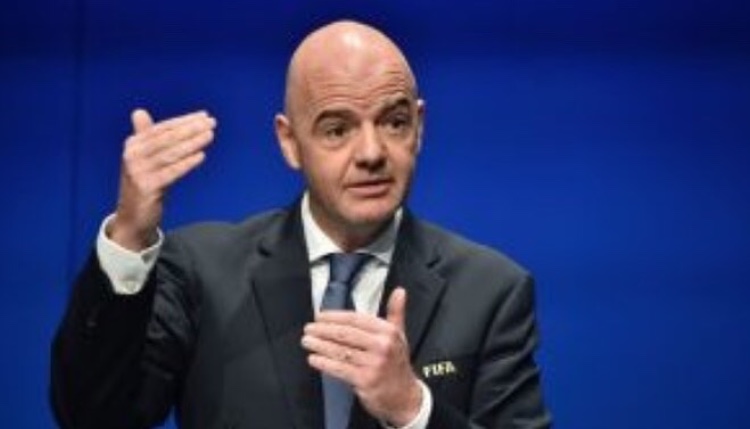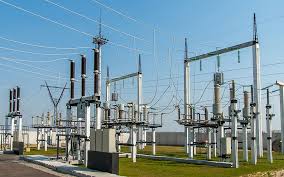Uber Technologies Inc. drivers in Nigeria have gone on strike to demand a higher share of commissions because of higher fuel prices and inflationary pressures amid the COVID-19 pandemic.
The US ride-hailing service in Africa’s most populous country has limited trips available on the app, leading to a sharp rise in fares in Lagos, the commercial hub. Drivers in Kenya are threatening to strike for similar reasons, Bloomberg reported on Tuesday.
“We are aware of a protest taking place today by a small group of e-hailing drivers, resulting in slightly longer waiting times for riders,” Uber was quoted as saying in an emailed statement Monday. The strike entered its second day on Tuesday.
Cab operators are unhappy about price adjustments, high commissions taken by ride-hailing companies and passengers not properly identifying themselves. Some drivers on competing app Bolt Technology OU, that has taken significant market share in Nigeria, are also on strike.
“Drivers are asking the platforms to reduce their commission,” said Innocent, an Uber driver in Lagos. “We are struggling to survive the current economic situation.”
Food inflation soared to 22.95 per cent in March in Africa’s largest economy, the most in 15 years, according to Nigeria’s statistics agency. One in three people are unemployed in the West African nation and many have turned to the ride-hailing platforms to make a living. Uber had about 9,000 drivers on its app in Nigeria as of 2018, while Bolt has about 10,000, according to the companies.
“We constantly evaluate our operations to ensure we continue to provide the best earnings for drivers on the platform,” said Femi Akin-Laguda, Bolt country manager in Nigeria. Bolt increased fares in November last year to mitigate a fuel-price increase, Akin-Laguda said.
Uber started in South African cities in 2013 and has spread to other parts of the continent. E-hailing platforms are often the drivers’ only employment, making them sensitive to fare adjustments.
“We spend so much repairing our cars, and on fuel,” said Seun Olaniyan, a Bolt driver in Oyo State, in the southern part of Nigeria. “If the company can increase their fare, there should be a meeting point for us where we both gain.”
Last week, Kenyan drivers issued a 30-day notice to go on strike in mid-May if the ride-hailing services are unable to address their concerns.
In addition to Uber and Estonia’s Bolt, China’s DiDi Chuxing Technology Co. is set to start operating in Cape Town.
“We are committed to our partnership with drivers and we will continue working to improve the experience for and with drivers,” Uber said.



